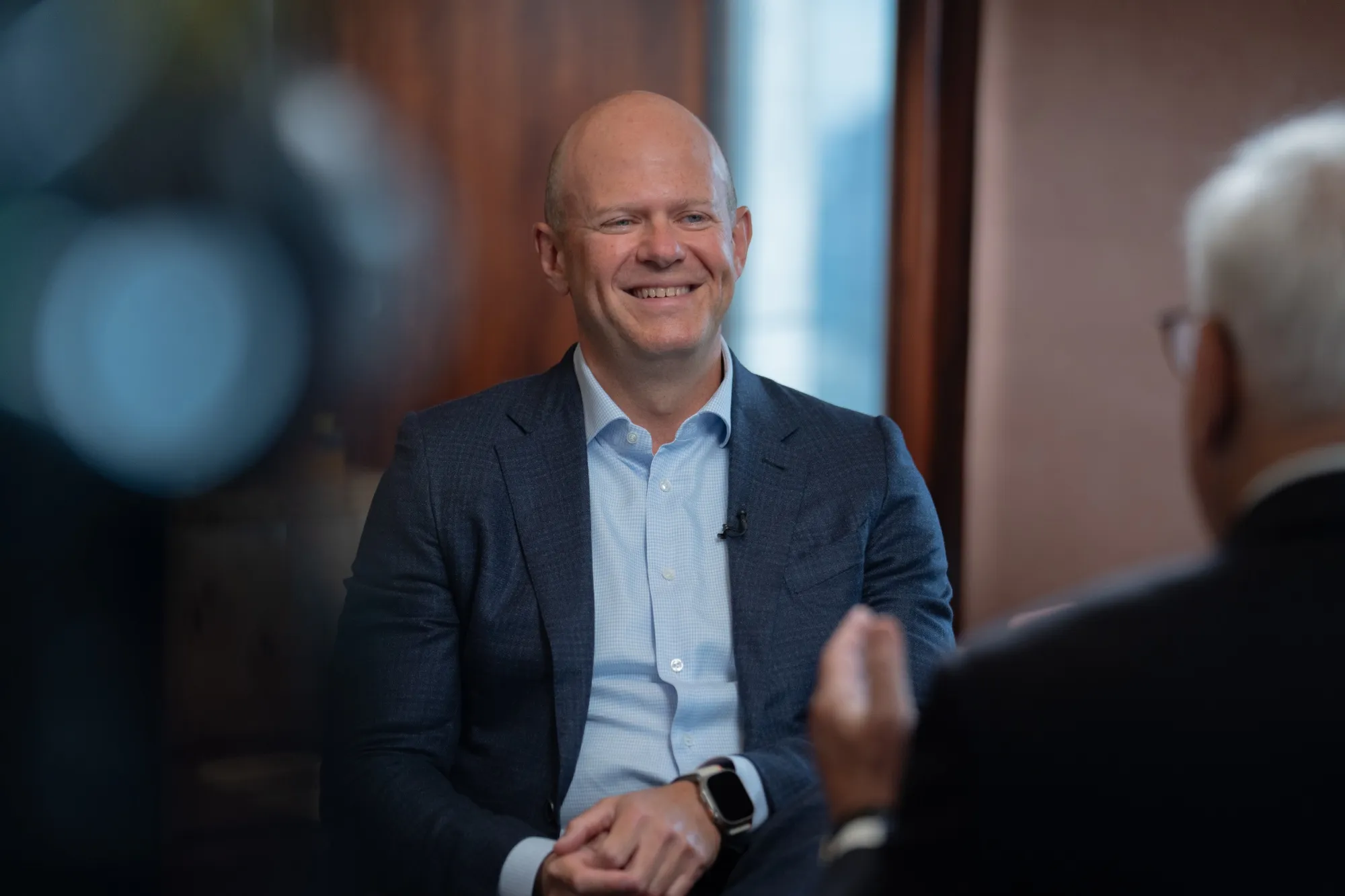In a surprising twist in the world of finance, hedge fund traders experiencing losses are emerging as some of the most sought-after recruits for top firms. The unusual trend underscores how market volatility and specialized skill sets are reshaping talent demand in the high-stakes world of asset management.
The Paradox of “Struggling” Traders
At first glance, it seems counterintuitive: why would traders on a losing streak attract interest from leading hedge funds? Analysts point to several key factors:
- Market Insight: Traders who have navigated difficult markets, even unsuccessfully, often possess deep insights into risk management, liquidity challenges, and volatility patterns.
- Adaptability: Surviving losses demonstrates the ability to pivot strategies and endure stressful market conditions—qualities prized in unpredictable financial climates.
- Behavioral Expertise: Losing traders frequently develop nuanced understanding of investor psychology, enabling them to anticipate market sentiment more effectively than those with only smooth records.
Why Hedge Funds Are Recruiting Differently
Traditional recruitment focused on flawless track records and consistent high returns. Today, leading firms are prioritizing experience over pure performance metrics.
- Volatility as Opportunity: With markets increasingly driven by macroeconomic uncertainty, geopolitical risks, and algorithmic trading, firms value employees who have firsthand experience navigating turbulence.
- Alternative Strategies: Traders who have struggled often bring fresh perspectives to derivative strategies, short positions, and hedging techniques, making them attractive for firms seeking innovative approaches.
- Talent Scarcity: The pandemic and subsequent market upheavals reduced the pool of highly experienced traders, increasing competition for those with real-world exposure—even if results were mixed.
Case Studies and Industry Trends
Several notable hedge funds have publicly indicated a shift in hiring philosophy:
- Firms are offering lucrative compensation packages to traders who previously faced short-term setbacks but have demonstrated strategic thinking and resilience.
- Internal research shows that risk-tolerant and experienced traders, even with recent losses, often outperform peers during unexpected market shocks.
- Recruitment now emphasizes cognitive skills, adaptability, and stress management as much as profit-and-loss records.
The Broader Implications
This hiring trend signals a cultural and strategic shift in the financial industry:
- Redefining Success – Past performance is no longer the sole criterion; firms value the lessons learned from failure.
- Focus on Resilience – The ability to recover from losses and make informed decisions under pressure is increasingly prized.
- Innovation Driven by Experience – Struggling traders often propose creative strategies that can capitalize on market inefficiencies that conventional playbooks might miss.
- Talent Dynamics – Firms are competing more aggressively for candidates with real-world exposure to extreme market conditions, regardless of short-term results.
Challenges and Risks
Despite the demand, hiring traders with a history of losses carries inherent risks:
- Performance Volatility: Not all struggling traders adapt successfully; some may repeat patterns of underperformance.
- Cultural Fit: Integrating traders accustomed to different trading styles or risk appetites can create internal friction.
- Investor Perception: Some stakeholders may question firms’ decisions to hire traders with checkered records, requiring careful communication and confidence-building.
Conclusion
In a market environment defined by uncertainty and volatility, hedge fund firms are redefining what constitutes value in talent. Traders who have struggled are no longer liabilities; they are prized recruits, offering experience, resilience, and fresh strategic thinking.
This paradigm shift underscores a broader truth in finance: in unpredictable markets, the lessons learned from failure can be just as valuable as success. For traders navigating tough stretches, this may well be the best opportunity of their careers.







